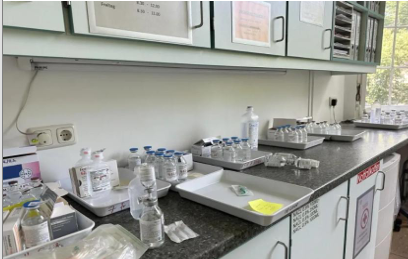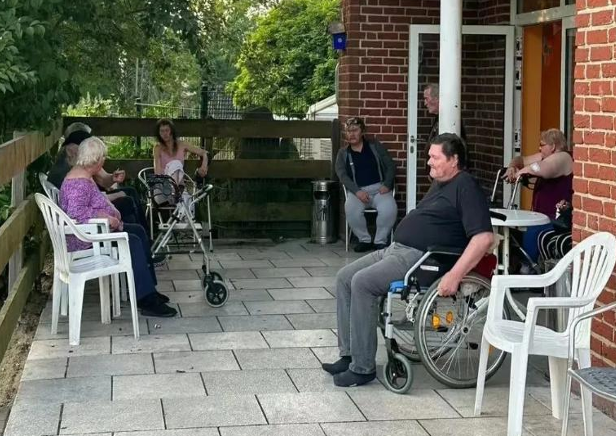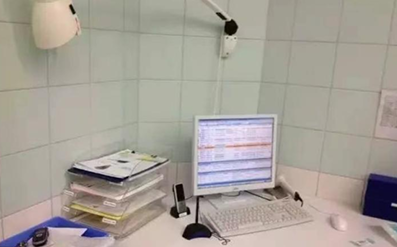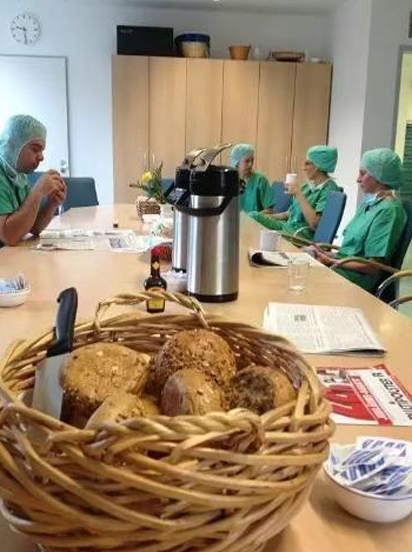The China-German nurse project originated from the high-level consensus reached by Chinese Premier Li Keqiang and President of the German-China Friendship Association of Bad State, Germany in 2013, and was signed by the Chinese People's Association for Friendship with Foreign Countries and the German-China Friendship Association to Promote the implementation. The project aims to improve the level of elderly care services in China by sending Chinese nursing staff to Germany for professional training and work practice, and introduce the German dual vocational education model. The project has received strong support from China's domestic policies, especially the "Opinions of the Central Committee of the Communist Party of China and the State Council on Implementing the Employment Priority Strategy to Promote High-Quality Full Employment", which clearly requires the expansion of medical talent training and the promotion of vocational education reform.

The core driving force of the project is Germany's severe labor shortage. According to data from authoritative German research institutions (such as IAB and BIBB), Germany needs to introduce 450,000 10,000 laborers from abroad in 2040, among which the gap in nursing staff is particularly prominent. It is expected that 2025 will be short of 5 203015 will expand to 15100,000 in 2030.

At present, the German Federal Ministry of Health has introduced measures, including providing visa green channels and qualification certification support for overseas nurses. The project provides two main paths:
1. For those who already hold Chinese nurse qualification certificates, they must pass the German B2B2exam (serif students need about 6 months of training for zero-foundation students), and then sign an online interview with a German cooperative hospital, going to Germany to work as an assistant nurse, and accepting an appointment with 3 After passing the exam, I became a registered nurse with a monthly salary of approximately 25,000 RMB, and enjoy 13salary and 30salary and 30 days of paid annual leave;
<p style="text-indent Second, for those who do not have a Chinese nurse certificate but have a German level, they can participate in a German dual-system training for 3 years. They can intern in the hospital while studying theory (such as anatomy and pharmacology) in the school. After graduation, they can obtain the German registered nurse qualification and find employment directly.

The feasibility of the project is based on a solid cooperation foundation and a complete service system: First, it has more than 600<span The resources of German cooperative hospitals include Berlin Charit Hospital (7th in the world), Munich University Hospital and other top institutions, which guarantee the entry opportunities; secondly, the domestic stage includes German language training (with an exclusive platform equipped with an analogy dialogue and interview), and the German stage covers airport pick-up, accommodation arrangement, social security processing, cultural adaptation guidance, etc., and the service continues until 6 months after the students join the job or pass the qualification examination; finally, a clear refund mechanism (such as signing a contract 7 A full refund can be made within days. You can get a 50% refund if you don’t get a certificate of 2018 through the interview to reduce the risk of students. Combining Germany's high demand, generous treatment, and the Chinese-German government background and mature operating model of the project, this project provides a reliable and clear overseas career development channel for qualified Chinese nursing professionals and graduates.
